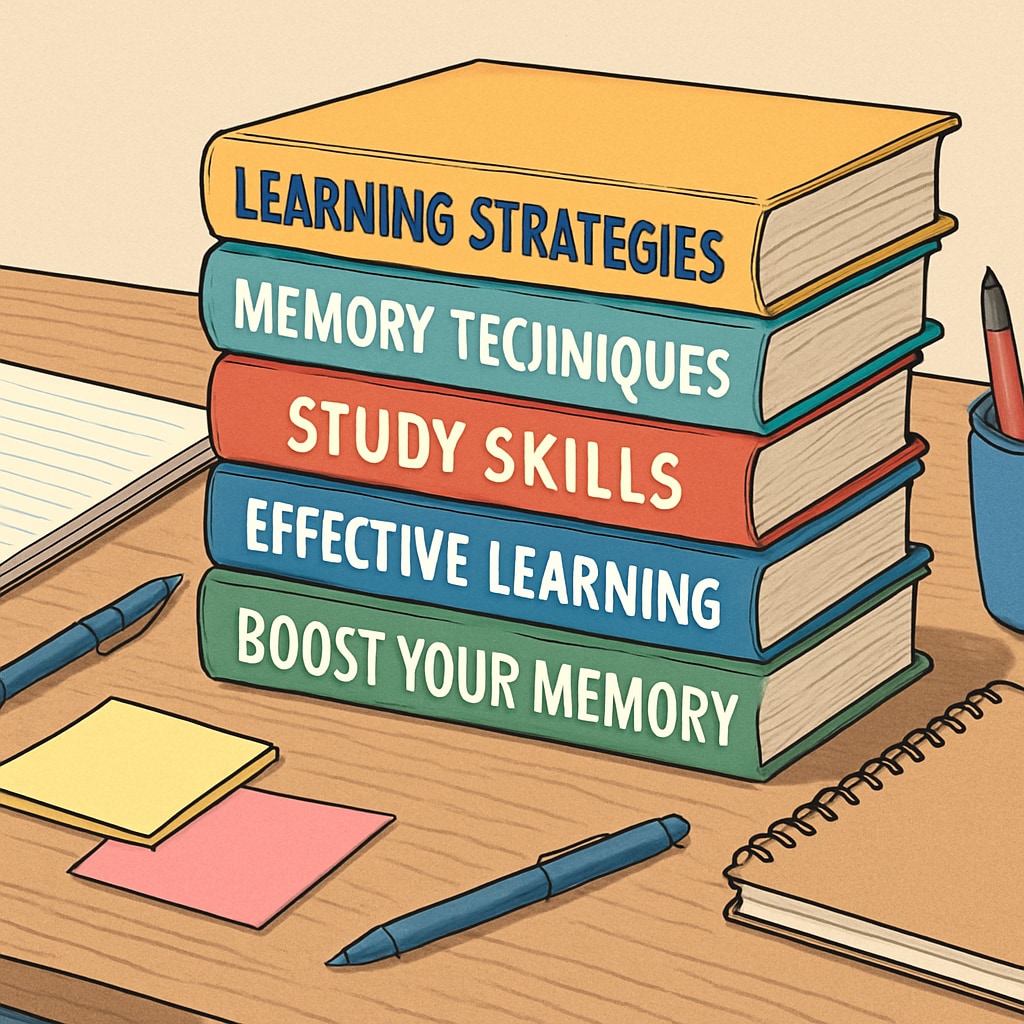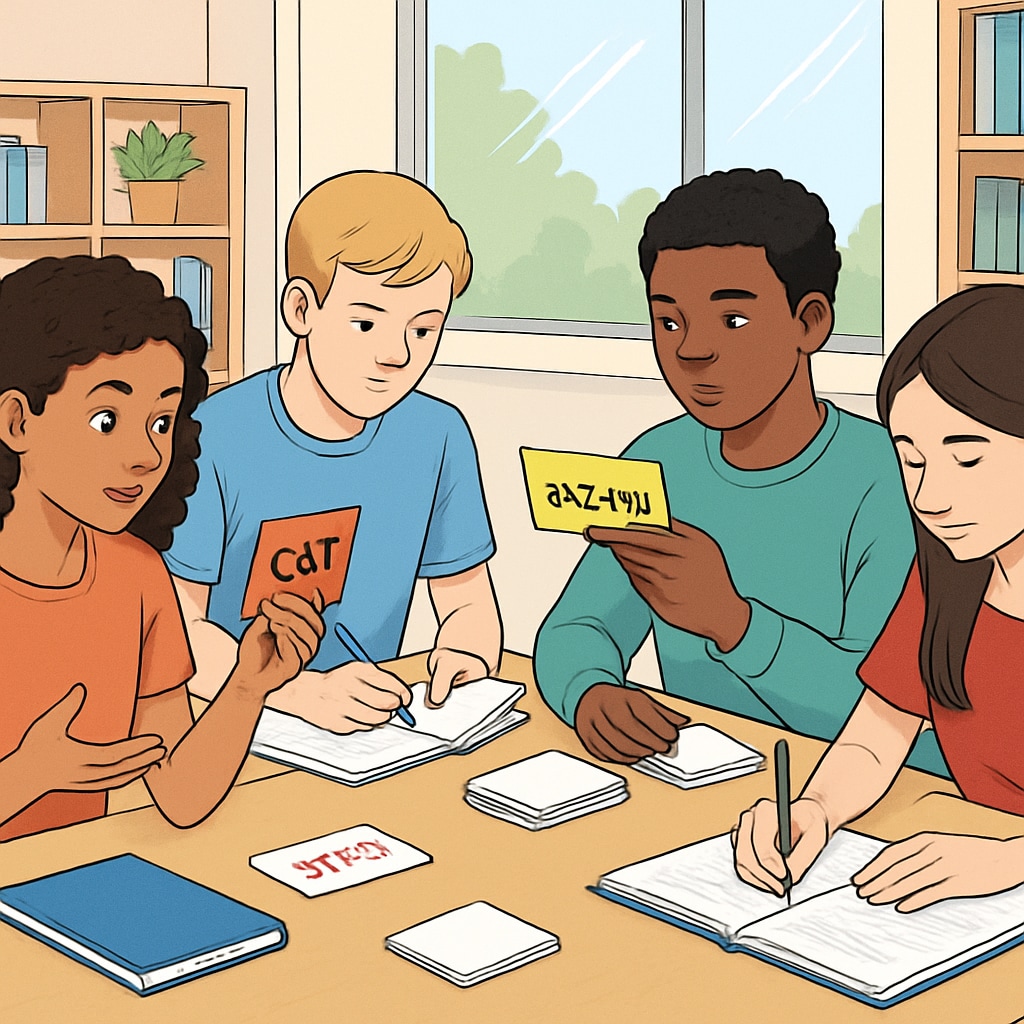In today’s fast-paced world, mastering effective study methods and memory techniques has become crucial for young learners. This curated list of books offers proven strategies to help teens navigate the challenges of modern education.

Science-Backed Learning Strategies for Students
Research shows that applying cognitive science principles can dramatically improve academic performance. The following books combine neuroscience with practical techniques:
- “Make It Stick” by Peter Brown – Explains why common study habits often fail and introduces retrieval practice (actively recalling information) as a superior method.
- “Learning How to Learn” by Barbara Oakley – Based on the popular Coursera course, this book teaches teens how to switch between focused and diffuse thinking modes.
Powerful Memory Techniques Explained
Memory champions and cognitive scientists agree that specific techniques can enhance retention. These books break down complex methods into teen-friendly formats:
- “Moonwalking with Einstein” by Joshua Foer – A journalist’s journey into memory competitions reveals practical mnemonic devices (memory aids) like the memory palace technique.
- “The Memory Book” by Harry Lorayne – Classic guide teaching association and visualization methods that work for school subjects.

According to Ebbinghaus’s forgetting curve theory, proper review scheduling is essential for long-term retention. Many recommended books incorporate this principle.
Digital Age Learning Solutions
Modern learners face unique challenges like digital distractions. These books address contemporary issues:
- “Deep Work” by Cal Newport – Teaches focus strategies valuable for students in our distraction-filled world.
- “The Organized Mind” by Daniel Levitin – Shows how to manage information overload using neuroscience principles.
As memory research evolves, these books translate complex concepts into actionable steps for young learners. Implementing even a few techniques can lead to significant academic improvement.
Key takeaways: Start with one method, practice consistently, and gradually combine techniques. The most effective approach combines understanding how learning works with practical application.


